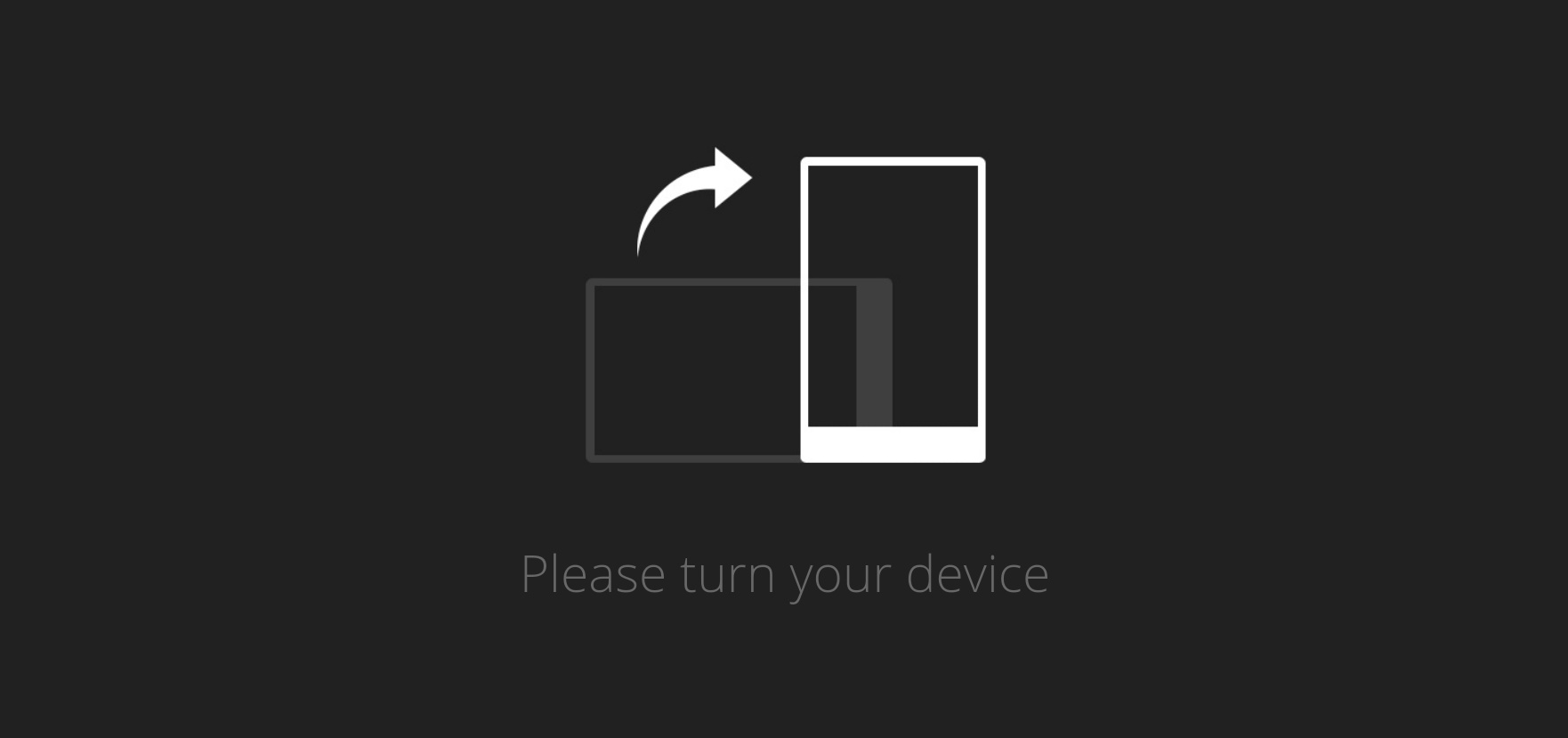
The Hayden Panettiere profile that left me uncomfortable and conflicted
Yesterday, I woke up to a DM from my best friend on Instagram. It was a link to a reel from People, and a one-word message: “Comments.”
This ominous directive was stronger than a cup of coffee, and my sleepy eyes widened with intrigue. The reel was a clip of actress Hayden Panettiere being interviewed by People, discussing her daughter. The content itself wasn’t offensive, Hayden had nothing but glowing things to say about motherhood, but something wasn’t quite right.
As instructed, I headed to the comments and scrolled through. The reaction was not good.
“This interview should be removed asap!!!” A user wrote. “DELETE THIS NOW” demanded another. “Can someone please take this video down. Hayden clearly is struggling here. This is exploitation. Remove this video immediately,” commented a concerned follower.
The majority of the response (albeit many comments have since been deleted), was from people convinced Hayden was intoxicated, medicated and just generally not well enough to be in such a vulnerable position. For context, Hayden has been “clean and sober after spending time at an in-patient rehab facility in early 2020” (ironically referenced in the first paragraph of People’s online profile), so the inference that the actress had relapsed and the publication was exploiting this for views is pretty damning.
While I don’t feel suitably placed to jump to any kind of conclusion about Hayden’s health and well-being, I can’t deny that that footage felt confronting to observe. With slurred, slow speech and heavy eyes, it didn’t feel like I was watching someone fit for the camera, let alone one of Hollywood’s former leading ladies.
The profile itself, an exclusive, details the tragic death of Hayden’s brother, Jansen, in February 2023, with the actress opening up for the first time to share how she’s navigated the trauma. “When I lost him, I felt like I lost half of my soul,” she tells People, before sharing how paparazzi pictures of her leaving the funeral triggered her agoraphobia.
She also explains that this was worsened by her body’s physical response to the shock and how it rocked her self-esteem. “I didn’t feel confident to put on clothes and get out of the house, but I also knew that I needed to get out and keep moving or I’d never stop looking and feeling this way.”
Hayden says that meeting a personal trainer who took her for “long, beautiful walks” that felt like both physical and emotional therapy was instrumental in helping her come back to herself and her confidence. “My body just started reacting, not just from the working out. It allowed me to release the stress, the high expectations I’d always put on myself,” she explains.
The rest of the article details Hayden’s new-found perspective since the passing of her brother. “When something that massive has happened to you, you really learn to pick your fights and just not let the little things upset you,” she tells People. “Because once something so horrific, so deep, so catastrophic happens in your life, there’s not much that can really rock you.”
Accompanying the online piece is a more fleshed-out profile in the publication’s print issue and an almost ten-minute video of the interview on People’s YouTube channel. In the comments section, more accusations of Hayden’s relapse are present, shaming People for the exploitation.
However, the conversation seems a little more balanced and nuanced than Instagram, with a completely different perspective of the actress being shared.
“She looks like she’s carrying the weight of the world on her shoulders, like a completely different person. I hope she recovers, and may her brother rest in peace,” a user wrote.
“Why is everyone saying to take this down? This is a person being real. Being vulnerable. This is what grief looks like. It’s ok for a celebrity to be sad. It’s ok for a celebrity to be turned off sometimes,” shared another.
“Everybody saying they should take this down but this is one of the most honest things I’ve ever seen. Grief is hard, her co-parenting situation has been hard, the way the industry has treated her has been hard. Seeing her being any level of functional after all of that is incredible. Her smile when she’s exercising or talking about her daughter is so beautiful! There is life after the storms! Stay strong Hayden! I’m so proud of you!” another user commented empathetically.
If you’ll allow me to get personal, my beautiful father passed away in January this year. In the subsequent weeks, the physical manifestations of grief, compounded by my autoimmune disorder that is predominately triggered by stress, rendered me weak, foggy and achingly fatigued. I felt inarticulate and lost; navigating my old self with this completely foreign new identity of “the mourner”.
While I can’t compare myself to Hayden as our experiences vastly differ, I can only imagine how I might have come across if I had been interviewed during that period of dense, surreal sadness.
I don’t exactly know who, if anyone, is at fault for these kinds of situations. Should the media be held more accountable for what it publishes and what might be deemed unethical? Should a celebrity’s team of paid professionals be more protective? Is public discourse founded in opinions and not facts? And is it ever valid or simply concern trolling?
I don’t have the answers, but I genuinely hope Hayden is well and continues her long, beautiful walks.
Written by Lil Friedmann. You can follow her at @lilfriedmann on socials.
Image credit: @people + Punkee
